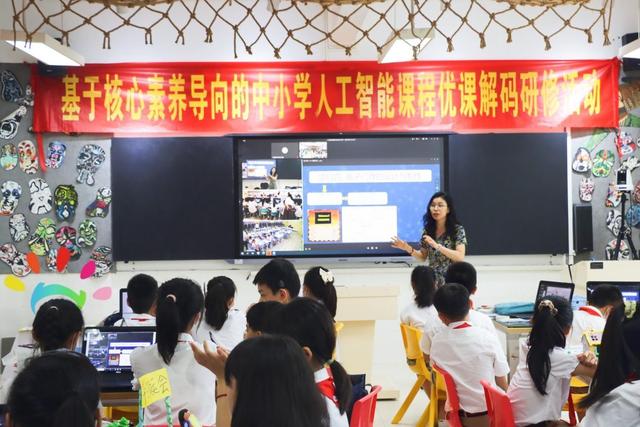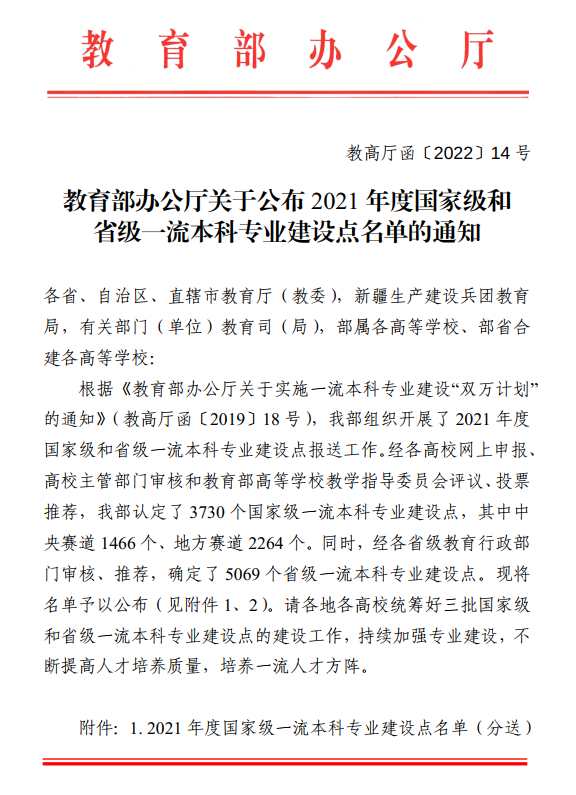Geographical empowering the modernization of national governance
Author:China Social Sciences Network Time:2022.06.24
Regional governance is an important part of national governance, covering many aspects such as politics, economy, culture, society, and ecology, and has become the field of multidisciplinary and interdisciplinary research. The harmonious development of human and geographical relations is an important issue for modern geography research, and it is also the basis for the reference of geography to the practice of governance. Regional governance research requires geography to participate in it to better serve the modernization of national governance.
Integration research helps regional governance
Regional governance has the problem of differences between space subject and spatial scale in geography. The main body of the space is basically manifested as a stable land and flowing population, and the space scale is mainly manifested in macro areas and micro -places. At present, the stability and liquidity factors contained in geographical space have become the basic concern of regional governance research.
At the Seminar of the "Dialogue of Governance in Great Change: Dialogue between Geography and Other Disciplines" sponsored by the School of Humanities and Social Sciences of East China Normal University and the Science and Technology Department, Ye Chao, a professor at the School of Geography Science, East China Normal University, said Governance is closely related to geography. Geographical environment carrying governance, geographical knowledge support governance, and geographical practice promotion governance, and governance plans also contain space order considerations. Although the current regional governance has not been formed, it can be called a specialized science that can be called governance science, but it has become a hot issue for common attention of multidisciplinary attention. In particular, when local priority is included in the category of governance, other discipline knowledge system should be integrated to form a new science and science door that meets the needs of national knowledge innovation.
Cities are an important space for regional governance, and urban governance is closely related to geography. He Yanling, a professor at the School of Public Management of Renmin University of China, proposed that the space governance of the land has promoted the development of Chinese cities, and also promoted the changes in urban governance structure and public service methods, and reflected the diversification of governance subjects, complicated governance tasks, differentiated public services differentiation state. Consider the governance elements of people, land, objects, and production from multiple dimensions, provide effective public services for different people, provide restriction rules for different action subjects, establish urban identity for residents of different cities, and focus on highlighting the "people -oriented people as the people as the people. The governance thinking of the center pays attention to the most important and most needed group.
The population migration of new types of towns affects the social governance of the Mainland in the area of the area, and it is also the key to solving the problem of new urban governance. Professor Zhu Xi, a professor at the School of Geographical Sciences and Remote Sensing of Guangzhou University, believes that while promoting the development of local economy, society, and cultural development, the migration of population has also triggered many social problems and affects the harmony and stability of local society. Local managers should adjust the specific management methods based on the daily life of newly moved into the residents to formulate a more humanized governance system. With the changes in the newly relocated residents from the object to the subject role, in the new type of urban space, the benign interactive relationship and diversified governance model of people and localities have gradually formed, effectively promoting the national new type of urbanization.
Geographical culture is key to rely on
Scientific planning is the main governance means to promote the creative transformation and innovative development of historical space in the region. Doing a good job in the protection of historical relics is the key to reflect the effectiveness of local governance.
China's urban and rural areas are facing space reconstruction under modernization and urbanization. In the process of rapid changes, some of the existing memory places that contain local emotions existing outside the protection list have encountered different degrees of destruction. Lu Shaoming, a professor at the School of Design of Shanghai Jiaotong University, proposed that the place of memory is a spiritual home that truly entrusts nostalgia and nostalgia, carrying the value of emotion, society, and use. How to effectively protect and use emotional dependence and maintain regional cultural identity places have become a urgent governance task for new urbanization and rural revitalization strategies.
Geography places its unique value in historical block planning and governance. Professor Zhou Shangyi, a professor at the Department of Geographical Sciences of Beijing Normal University, believes that regional spatial planning is one of the effective means of implementing governance of local governments. The governance purpose of the historical block lies in inheriting historical culture and enhancing urban vitality. Geographical scholars participating in historical district governance from a professional perspective can show both aspects of governance efficiency. On the one hand, from the four levels of spirit, society, livelihood, and nature, it can explain the overall integration of the multi -element organic integration of historical districts, and then understand the logical relationship between the elements in the neighborhood, and avoid destroying the integrity of the neighborhood landscape. On the other hand, starting from the perspective of local identity and space competition, jumping out of the spatial scope of historical blocks, standing in cities, regions, countries, and even global patterns to judge the changes in historical blocks Function accurate pulse.
Stimulate the new vitality of regional governance
Based on the overall situation of regional governance, the road of good governance with humanism is based on humanism. Due to its natural interaction of humanities, mountainous areas have significant regional, time -time, and uncertainty, and have become typical transitional geographical space. Deng Wei, a professor at the School of Geography and Resources Sciences of Sichuan Normal University, proposed that the rural space governance of mountainous areas in regional development has become one of the important areas of geography. The key to cracking the low -quality villages and irrational land development of the land and space of mountainous areas. The key is to deeply understand the geographical national conditions of China as a large country, and to fully consider the particularity and characteristics of the development of mountainous areas. The land and space governance of mountainous areas should jump out of the traditional "planning, development, management and control" land expansion path, and transform into a "planning, quality improvement, and efficiency" composite sustainable development path relying on the diversified resource space of the mountain area.
Due to the continuous deepening of market -oriented and decentralized reforms, the regional economic fragmentation of the integrated development of the integrated development of the regional economic fragmentation is worthy of high attention.Professor Duan Jin, a professor at Suzhou University, said that people should redefine regional governance under the perspective of "action -rules -order".In the actions and coordination of regional governance, the multiple subject participation model is more suitable for future uncertainty changes.Therefore, regional governance should accelerate the transformation from "management and control" to "empowerment" in order to better play the creativity of each person and form collective creativity.Source: China Social Science Network-Journal of Social Sciences of China
Author: Chen Lian
- END -
Explore the digital transformation of education: Guangfo Three Schools jointly carried out hybrid teaching and research activities

Text/Yangcheng Evening News all -media reporter Jiang YanIn order to actively expl...
Leshan Teachers College 3 newly selected national and provincial first -class undergraduate construction points

Recently, the General Office of the Ministry of Education announced the list of th...